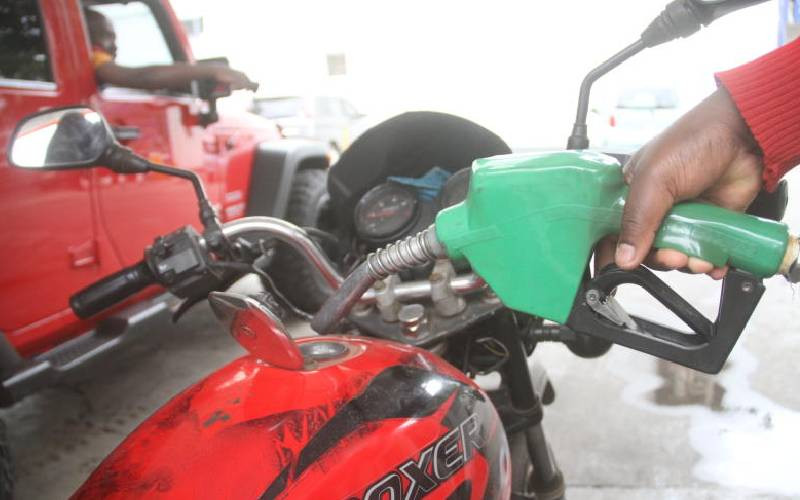×
The Standard e-Paper
Smart Minds Choose Us

The International Monetary Fund (IMF) has backed the government's change of heart on fuel subsidies amid rising pressure to bring down the high cost of living.
The move was expected to see the government incur the wrath of the IMF, which has disbursed billions of shillings in financing to the new administration but has been against such subsidies.